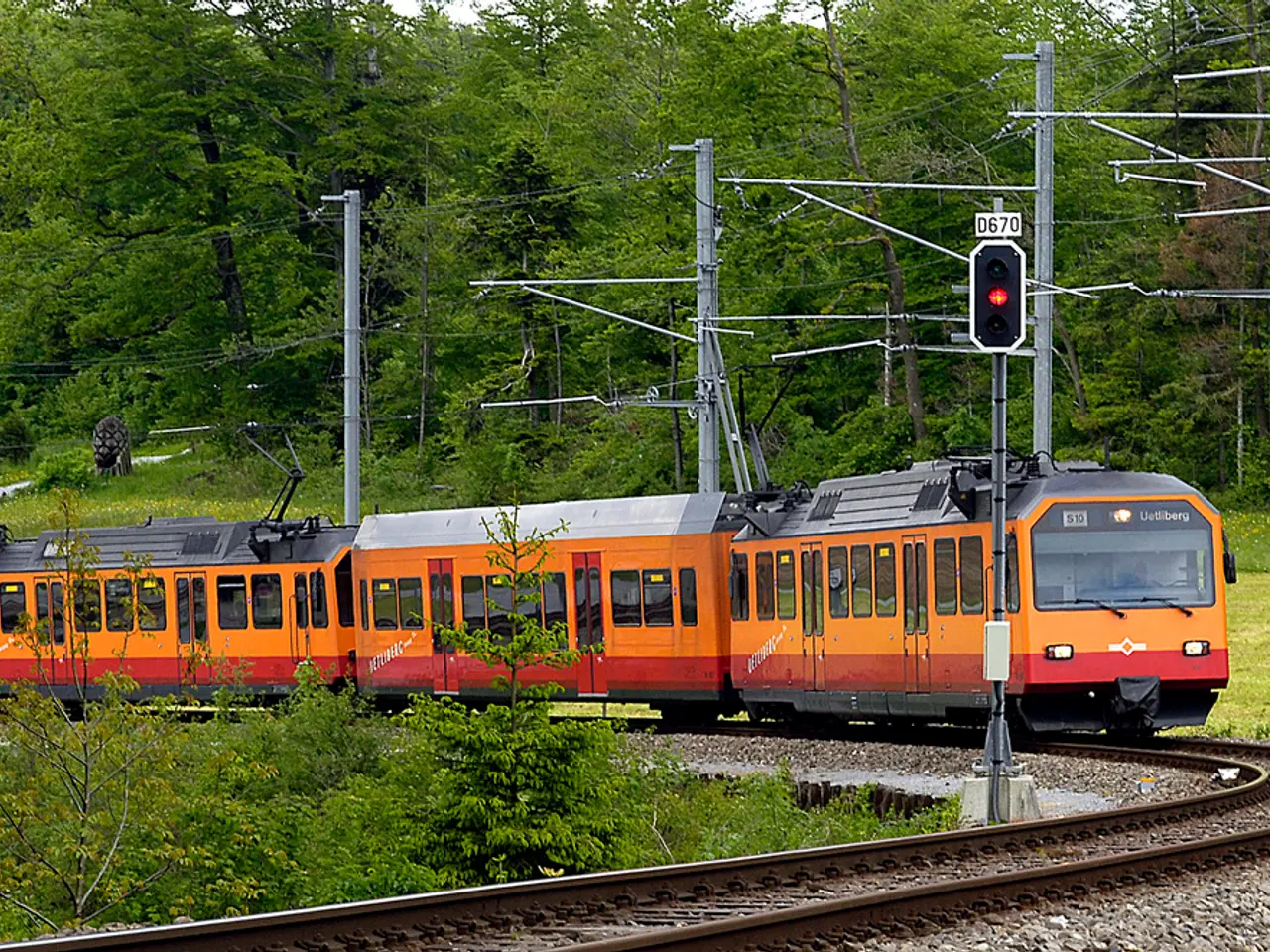"By the close of 2024, there could be the debut of MOVES Corridors and Flotas Plus"
The Spanish government has unveiled a series of initiatives aimed at improving electric vehicle (EV) connectivity and the viability of EVs on long-distance routes, particularly in rural or shaded areas. These initiatives include the creation of Moves Corredores and Moves Flotas Plus, as well as collaborations with companies like Galp and BMW Spain.
Moves Corredores is a program designed to address the shortage of charging stations in rural areas. Complying with Regulation (EU) 2023/1804 of the European Parliament, Moves Corredores will establish the regulatory bases for the granting of subsidies to finance investments in the installation of public access charging points. The regulation for Moves Corredores is expected to be published before the end of the year, and it will affect at least two autonomous communities.
Moves Flotas Plus, on the other hand, is a plan aimed at fleet owners operating in at least two Autonomous Communities. Companies wishing to incorporate more than 100 electric vehicles will be eligible for Moves Flotas Plus. The regulation for Moves Flotas Plus will be published in the coming weeks.
The Rural Decarbonisation Observatory of the Association of Electric Energy Distributors (CIDE) has highlighted the importance of rural regions in the transition towards clean mobility. According to data from the DGT, around 50% of the vehicle fleet in rural locations is over 15 years old, while older vehicles represent less than 40% at the national level.
To further boost EV adoption in rural areas, Galp and BMW Spain are developing a rural electrification program. This program aims to deploy an initial network of over 100 ultra-fast charging points, enhancing connectivity and sustainable mobility between rural areas.
In addition to these programs, the government is considering the awarding of tenders or competitions for the development of this type of infrastructure. Furthermore, a renewable electricity credit mechanism in the transport sector known as e-Credits is being considered. e-Credits could improve the return on investment in "refuelling" infrastructure and facilitate the financing of new projects without the need for public funds.
e-Credits also allow charging point operators to generate credits for the clean energy supplied, which could be sold to fuel suppliers to help them meet their sustainability obligations. This mechanism could potentially lead to a more sustainable transport sector, benefiting both the environment and the economy.
The official's presentation at CEVE 2024 confirmed the intentions to publish the rules for Moves Flotas Plus and Moves Corredores. Any investment made in renewable generation or storage associated with the charging point can be contemplated under the new Commission Regulation EU 2023/1315. Article 36 bis of this regulation will define what is eligible for a charging infrastructure subsidy plan.
The new initiatives come as part of the government's broader strategy to promote clean mobility and combat climate change. The public consultation for Moves Corredores received 13 objections, indicating a strong interest and engagement from various stakeholders in these initiatives.








